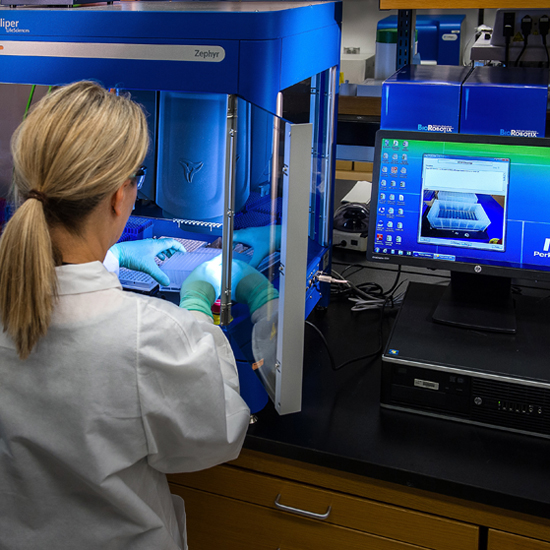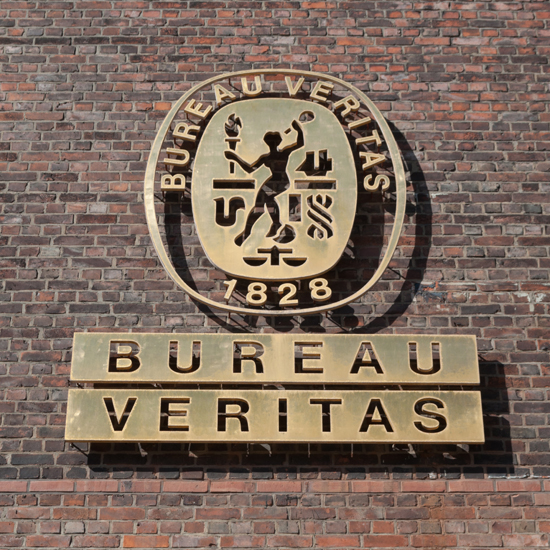ISO Certification

What is ISO Certification and Why Does it Matter for Translation Services?
When it comes to translation, ISO certification is like a badge of honor. It’s a testament to a service provider’s commitment to quality, accuracy, and reliability. But what exactly is ISO certification? In simple terms, it’s a set of standards developed by the International Organization for Standardization (ISO) that define quality management practices across various industries, including translation services.
Having an ISO certification is not just a fancy add-on; it’s a necessity in today’s competitive marketplace. It assures clients that the translation services they’re receiving meet international standards of quality. Whether you’re dealing with legal documents, medical records, or technical manuals, ISO-certified translation services mean you’re getting the best in the business.
ISO 9001 The Golden Standard
ISO 9001:2015 is the universally recognized standard for quality management systems (QMS). But what does this mean for translation services? Simply put, it ensures that the translation agency has a robust QMS in place that consistently delivers services that meet customer and regulatory requirements. This standard focuses on several key areas, including customer focus, leadership, engagement of people, process approach, improvement, evidence-based decision making, and relationship management.
The benefits of ISO 9001:2015 for translation services are numerous. It not only boosts customer confidence but also enhances operational efficiency, reduces errors, and ensures continuous improvement in service quality.
Key Benefits of ISO 9001
- Consistent Quality: Ensures consistent quality in translation services, meeting and exceeding customer expectations.
Process Efficiency: Promotes efficient processes and continuous improvement, leading to higher productivity and cost-effectiveness.
Customer Satisfaction: Aids in achieving higher customer satisfaction through reliable and professional translation services.


ISO 17100 Specialized Certification for Translation Services
ISO 17100:2015 is specifically tailored for translation services. This standard focuses on core processes, resources, and other aspects necessary for delivering a quality translation service. It covers everything from the qualifications of translators and project managers to the translation process itself, including quality control and traceability.
By choosing an ISO 17100:2015 certified translation service, you’re assured of the accuracy and reliability of your translations. This certification is particularly vital for industries where precision is non-negotiable, such as legal and financial sectors.
Key Benefits of ISO 17100
- Defined Quality Assurance Process: Tailored specifically for translation services, ensuring high-quality translations.
- Qualified Linguists: Requires the use of qualified translators and linguists; defined as having 2-5 years of previous professional translating experience and a degree from a recognized higher education institution.
- Client Confidence: A clearly-defined quality assurance process and use of specialized, qualified translators
guarantees professional, accurate translations every time.

ISO 13485 Precision Medical Device Translation
ISO 13485 is a specific standard for quality management systems in the field of medical devices and, by extension, medical translation services. This certification is crucial as it sets out the criteria for a quality management system that focuses on the safety and efficacy of medical devices, including the precision needed in translating medical documents.
For translation services, ISO 13485 certification means that every medical document – be it clinical trial data, medical device instructions, or patient information – is translated with the highest degree of accuracy and compliance. In the medical field, where the accuracy of information can have life-altering implications, this certification is not just beneficial but essential.
Key Benefits of ISO 13485:
1.
Regulatory Compliance: Ensures compliance with global medical device standards
and regulations.
2.
Specialized Expertise: Demonstrates specialized expertise in translating
medical documents and devices.
3. Quality
Assurance: Provides assurance of quality and accuracy in medical translations.
ISO 27001 The Benchmark for Guaranteed Data Security
ISO 27001 is a comprehensive standard for information security management systems (ISMS). While not specific to translation services, its relevance cannot be overstated, especially in the context of translating highly confidential documents such as financial information, legal documents or intellectual property This certification assures that a translation service provider has robust IT systems in place to manage and secure sensitive and confidential information – a critical aspect in with any highly-confidential translation.
Choosing a translation service with ISO 27001 certification means you’re entrusting your sensitive legal documents to a provider that adheres to the highest standards of data security and confidentiality. This is particularly crucial in the legal field, where the protection of client information is paramount.
Key Benefits of ISO 27001:
- Enhanced Data Security: Protects sensitive legal documents from unauthorized access and data breaches.
- Increased Customer Confidence: Knowing exactly how we safeguard your electronic confidential information can help you rest easy in the face of cyber security threats.
- Legal Compliance: Guarantees compliance with many legal and data protection regulations around the globe.

In today’s interconnected world, where accurate and secure translations are more crucial than ever, opting for an ISO-certified translation service is a wise choice. Remember, when it comes to translation, it’s not just about words; it’s about the meaning, accuracy, and trust they carry.
See what quality translations look (and read) like
ISO certification - Frequently Asked Questions
ISO stands for “International Organization for Standardization.” It is an independent, non-governmental organization. ISO certification is a process of evaluating the processes of an organization, verifying the compliance to standards, and training employees about it.
ISO certification is ISO’s way to ensure quality, consistency, and continuous improvement. ISO standards include quality management systems ( ISO 9000), general environmental responsibility (ISO 14000), and many more.
The ISO certification process requires a lot of work, documentation, and process description. The ISO auditor evaluates the readiness of the company to attain ISO certification and gives recommendations on how to improve practices to meet ISO standards better.
The ISO auditor will make an internal visit and verify the processes and procedures with help from top management and senior personnel. After all, is checked and approved by the ISO auditor, ISO certification will be given to the company.
ISO certification is given by external accredited registrars under ISO international rules. There are thousands of ISO certifying bodies worldwide with different accreditation criteria. These organizations make sure other organizations meet specific standards and demonstrate their conformity through audits and inspections.
ISO standards can apply to any organization regardless of its size or field of activity. ISO standards are used by industry, organizations, and governments worldwide.
But ISO certification is not mandatory to conduct business. Both large organizations and small entities that decide to obtain ISO certification want to enhance their credibility and show customers their commitment to quality.
ISO stands for ISO International Organization. ISO was formed in 1947. It is an independent, non-governmental organization that creates standards for worldwide use.
ISO standards are recognized and used around the world. ISO’s mission is to promote the development of standardization and related activities to facilitate the international exchange of goods and services and develop cooperation in the spheres of intellectual, scientific, technological, and economic activity.
ISO works with ISO member bodies in more than 160 countries. ISO is the world’s largest developer of voluntary international standards.
ISO has established some 20,000+ ISO standards covering everything from medical equipment to energy generation and storage to livestock breeding. In addition, there are also over 100,000 national standards based on ISO technical specifications.
A large proportion of ISO International Standards are technical. ISO standards cover all major economic sectors and almost every industry, including the process industries (chemical, pharmaceutical, refining), buildings and construction, transport equipment, power generation, and distribution.
ISO has also established some ISO/IEC International Standards in the following spheres:
- – environment
- – human rights
- – management systems
- – quality management
For the translation industry, the most relevant standards are ISO 9001:2015 and ISO 17100:2015 certification. ISO 9001 is for quality management systems. ISO 17100 is for translation services.












